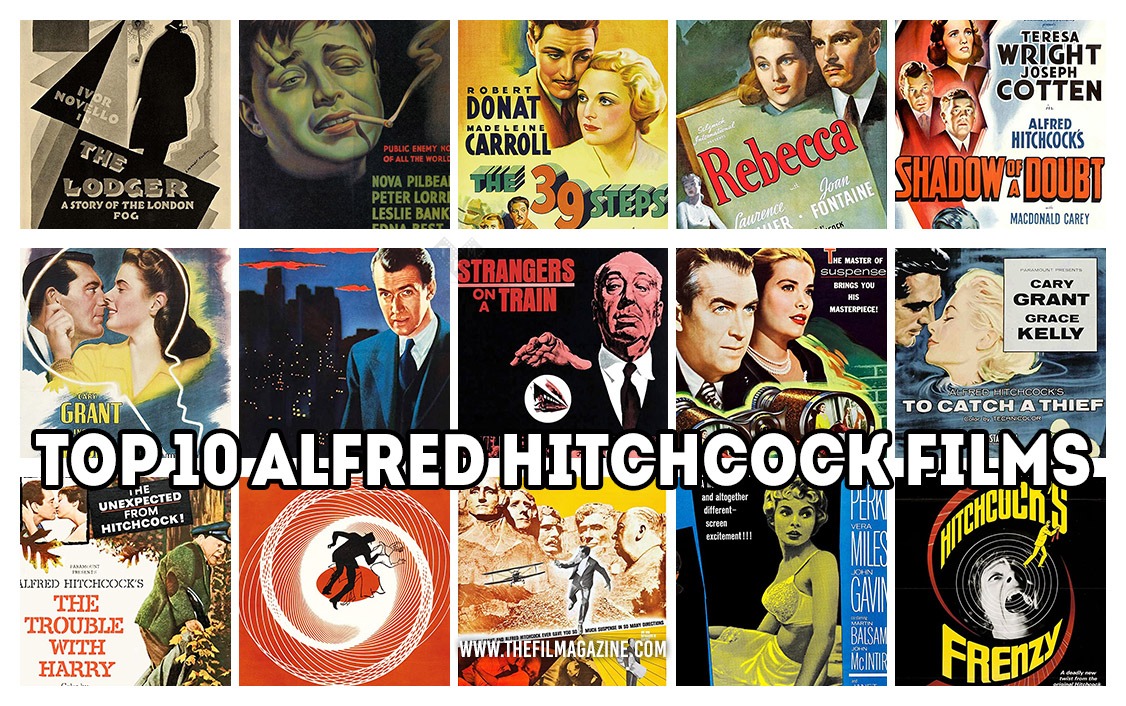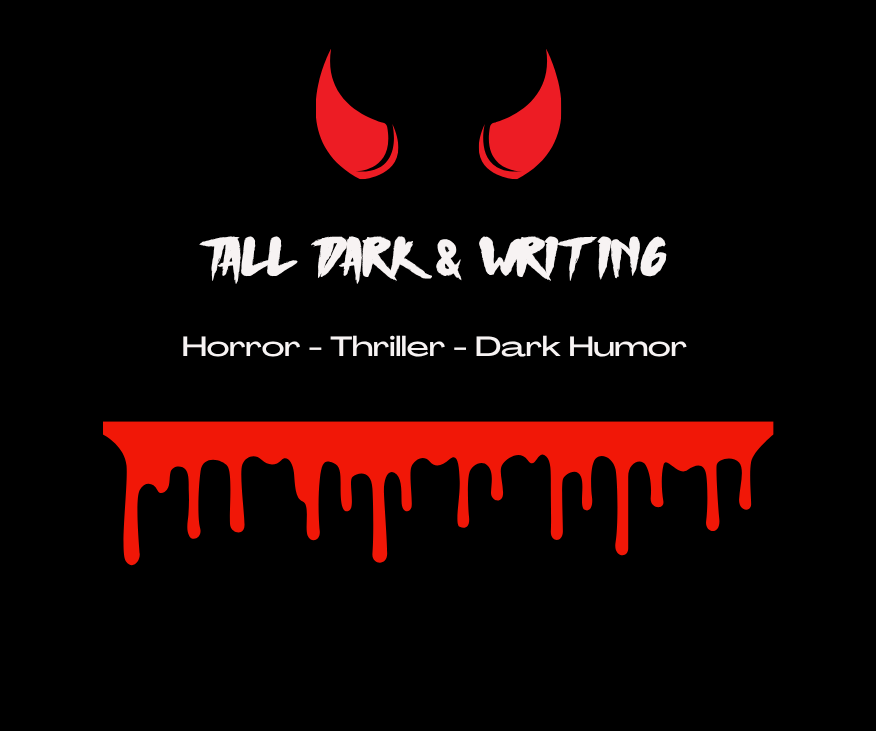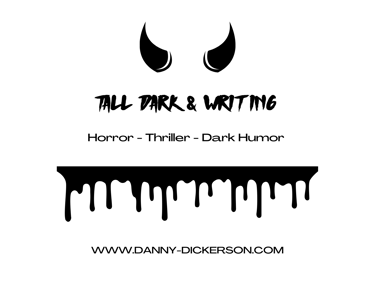Hitchcock: The Master of Suspense
Why Alfred Hitchcock influenced me and who was he?
Danny Dickerson - TallDarkandWriting
4/11/2023
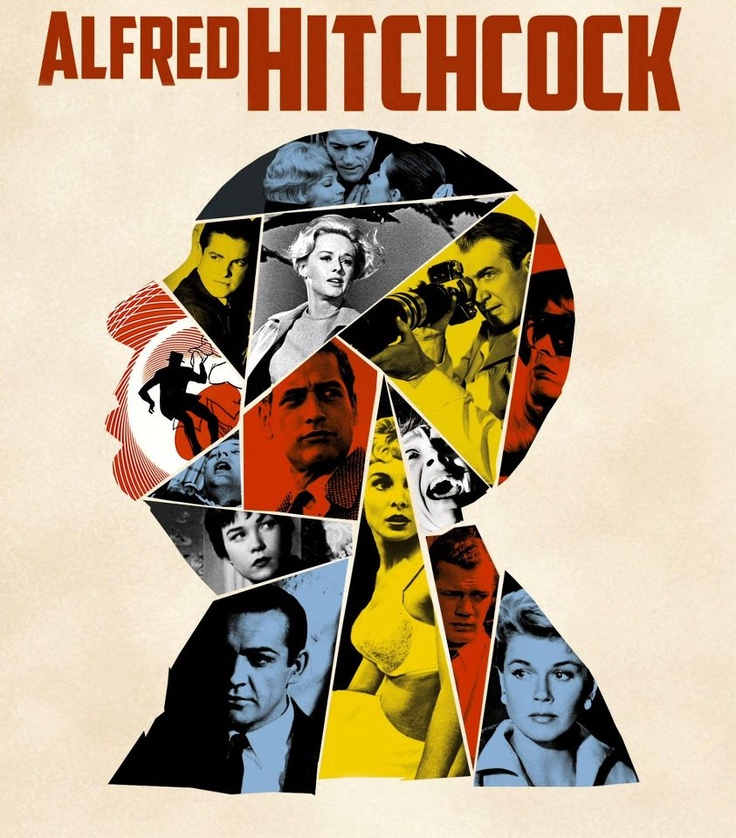

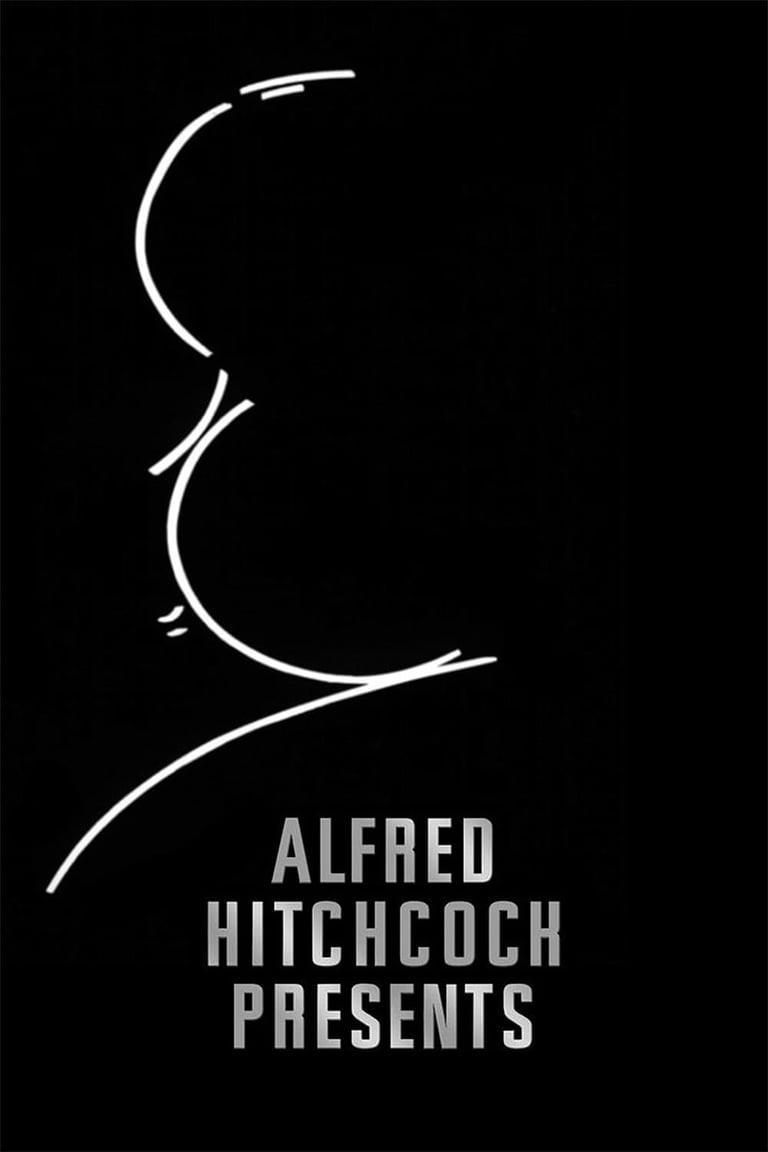

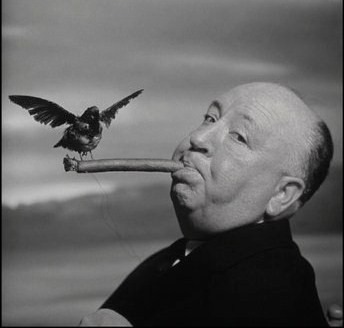

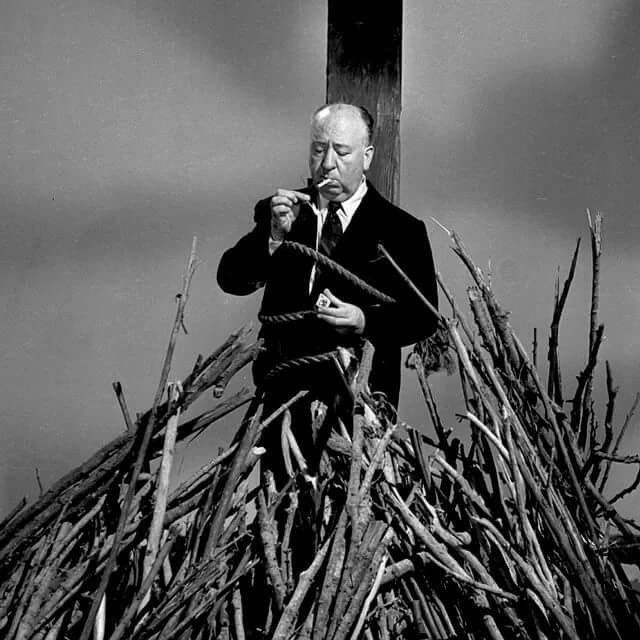

The horror genre has changed significantly over the years. While classic horror films focused on suspense and atmosphere, modern horror films are more violent and rely more on jump scares. Special effects have also changed drastically, with modern films utilizing CGI to create more realistic monsters and gore. Another major difference is the use of technology. Today, horror films often incorporate the use of technology such as cell phones, computers, and surveillance cameras to tell the story.
One of the biggest differences between horror today and horror from the beginning is the focus. Classic horror films focused on suspense and atmosphere, while modern horror films are more violent and rely more on jump scares. The classic horror films often used shadows and darkness to create a moody atmosphere, while modern films often use bright lights and intense music to create tension. For example, Alfred Hitchcock’s 1960 film "Psycho" is a classic example of a suspenseful horror film. The film relies on atmosphere and tension to create a sense of dread, rather than relying on jump scares or violence. In contrast, the 2018 film "A Quiet Place" is a modern horror film that relies heavily on jump scares and intense music to create tension.
Special effects have also changed drastically, with modern films utilizing CGI to create more realistic monsters and gore. In the past, classic films used puppets and props to create monsters, while today films rely heavily on CGI. For example, the 1931 classic "Frankenstein" used puppets and props to create the iconic monster, while the 2017 film It used CGI to create a much more realistic looking monster.
Another major difference is the use of technology. Today, horror films often incorporate the use of technology such as cell phones, computers, and surveillance cameras to tell the story. For example, the 2019 film "Unfriended" centers around a group of teenagers who are terrorized by a mysterious presence while using video chat. In contrast, classic films such as "The Shining" or "The Exorcist" did not use technology as a plot device.
Regardless of the evolution of horror, I'm sure that Alfred would've found his place in the industry. He was ahead of his time, and I can only imagine what he could do today. Perhaps his style would be completely different? But I still think he'd make killer flicks.
How would Hitchcock do by today's standards?
"Good Evening"
I grew up watching re-runs of his TV show. At a young age it gave me an easy introduction to the world of horror. From then on, it made me think twice about what may be lurking in the darkness.
It always started with "Good evening" and from there some humor as he explained that night's episode. Between that and his cameo's it was sometimes more interesting than the episodes themselves but still fun to watch.
As the years went by and my imagination grew, I began to develop stories. Most of them had a dark edge as the genre of horror had the most influence.
It all started with this guy...
Hitchcock began his career in the 1920s and became renowned for his innovative approach to filmmaking. He was particularly known for his use of suspense, which he often used to create a sense of tension in his films.
He explored a variety of genres, from horror to thriller to comedy, but is most famous for his psychological thrillers. From the 1950s onwards, Hitchcock became one of the most commercially successful directors in the world.
He was known for his attention to detail and his skillful use of camera angles and editing techniques.
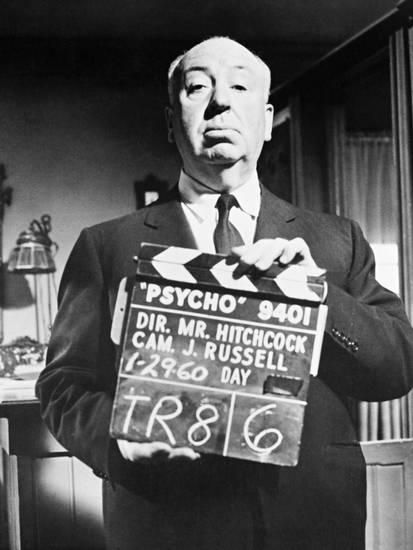

Who was he?
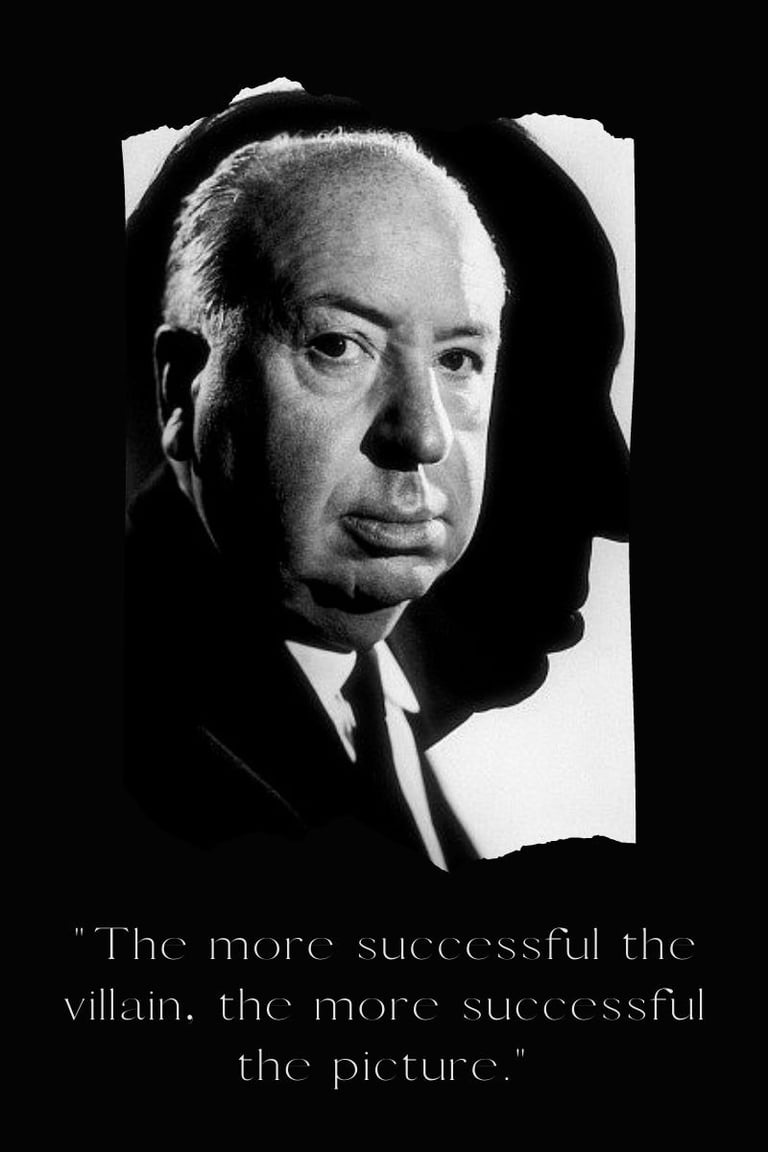
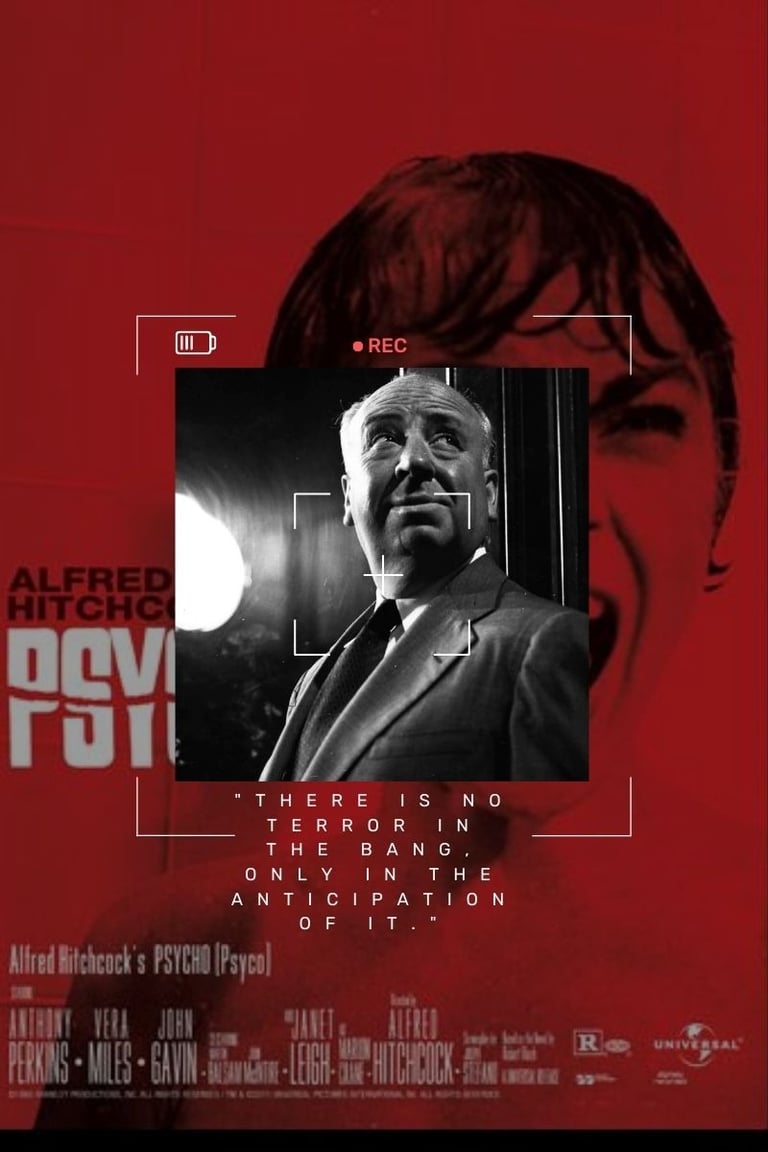
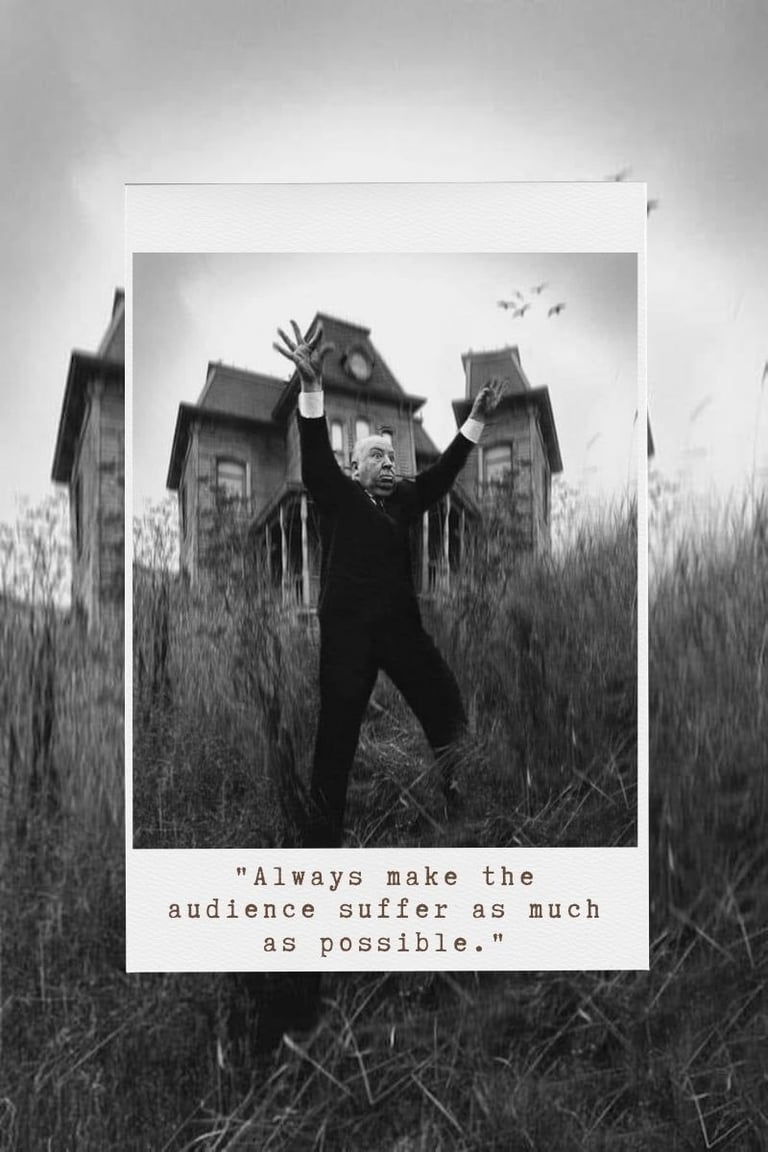
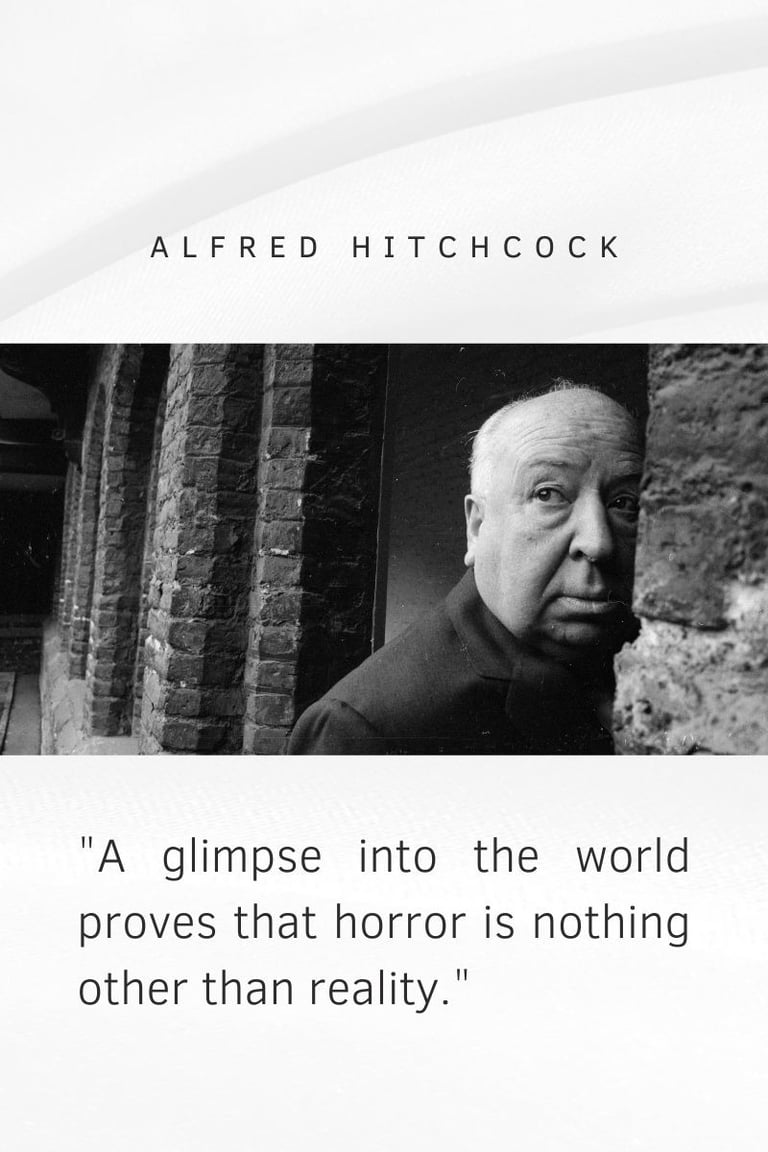




As a writer, I look to his quotes such as these for direction. If all else fails and I can't figure out what direction to go, I create trouble. Which lines up when he once said, "Always make the audience suffer as much as possible." And when trouble is created, don't make it quick. Suspense is developed in time. "There is no terror in the bang, only in the anticipation of it."
And villains are fun to watch...sometimes more than heroes. "The more successful the villain, the more successful the picture." I've taken some time creating the villains in "Hell's Play" and in the current work in progress "The Devil's Tree." Of course, Al said it, so it makes sense to create an unbelievable and memorable villain. Lastly, why do I create horror? Well..."A glimpse into the world proves that horror is nothing other than reality."
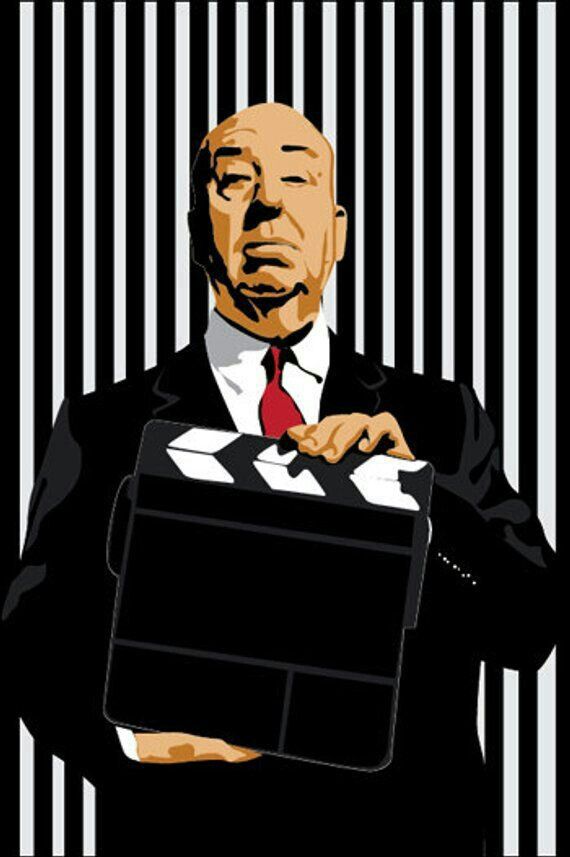

He is widely considered to be one of the greatest filmmakers of all time and is often referred to as "the Master of Suspense". Throughout his career, Hitchcock made more than fifty feature films and won numerous awards.
Hitchcock's influence on the film industry was profound and he remains one of the most celebrated filmmakers in history. He left behind an impressive body of work which continues to be studied and admired by audiences around the world. His films are often seen as pioneering works of art that pushed the boundaries of the medium and continue to inspire generations of filmmakers.
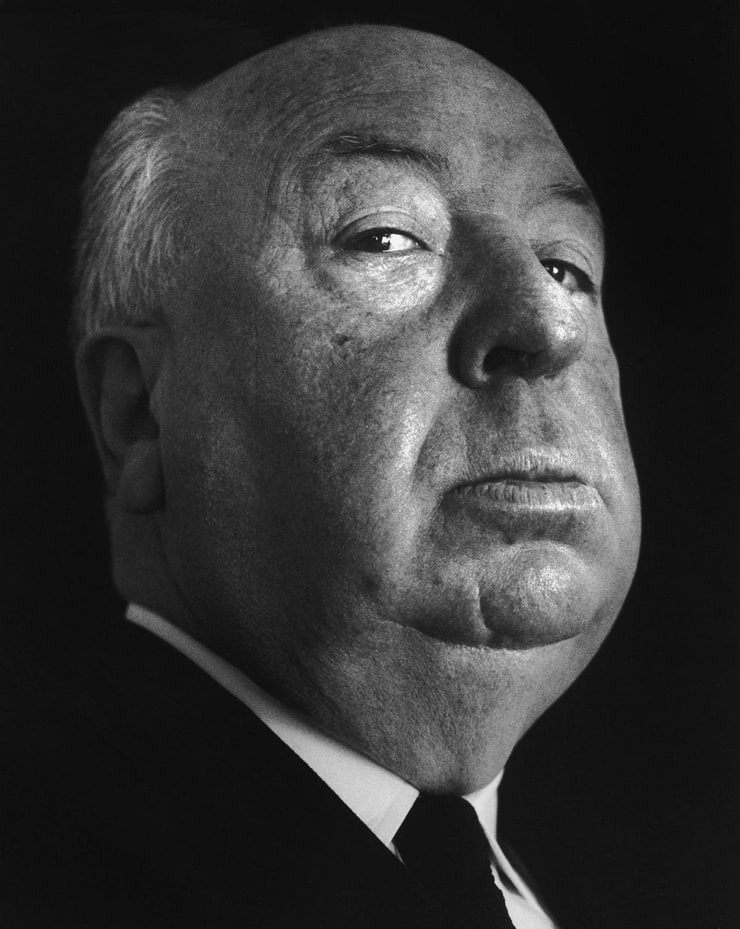

He often used camera techniques such as the "MacGuffin" and the "Hitchcock Zoom" to create tension and suspense in his films. Additionally, he often employed editing techniques such as cross-cutting and parallel editing to create a sense of urgency and excitement. These techniques were a departure from the traditional methods of filmmaking and were a major influence on other directors.
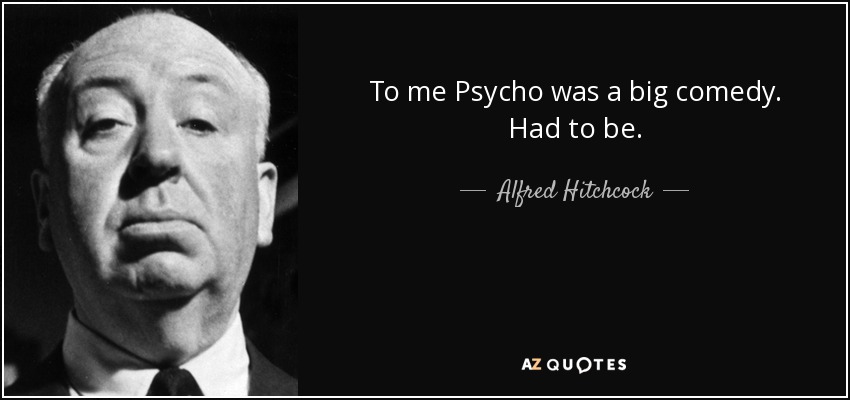

What were his Techniques?
Hitchcock's influence on the industry is evident in many of the films that have been released over the years. His use of suspense, camera techniques, and editing have become staples of modern filmmaking. Many of his techniques have been adopted by other directors, and his influence can be seen in a variety of genres. For example, directors such as Steven Spielberg, Quentin Tarantino, and Martin Scorsese have all paid homage to Hitchcock in their own work.
